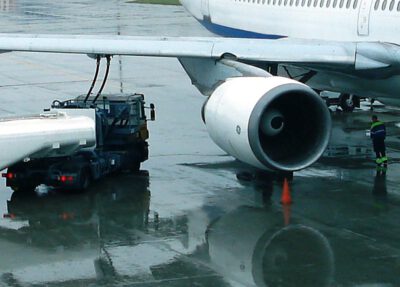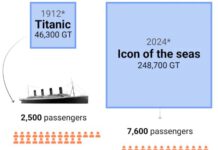
The EU will end jet fuel’s tax exemption which has let flying go untaxed for decades, and instead will drive airlines to use cleaner, low-carbon fuels. The tax reforms announced as part of the EU’s Fit for 55 plan will, however, only apply to fuel used on private and commercial flights within Europe, exempting 60% of fuel sales. The package also strengthens Europe’s carbon market for aviation and sets a mandate for the use of e-kerosene that will apply to all jet fuel sales in Europe – a crucial step in decarbonising long-haul flying, says Transport & Environment (T&E).
Andrew Murphy, aviation director at T&E, said: “Axing jet fuel’s tax exemption in Europe is a vital step towards ending decades of subsidised pollution, which even included fuel for private jets. But by not removing the tax exemption for flights outside of the EU, it still lets the majority off the hook.”
Alongside the fossil jet fuel tax proposal are reforms to Europe’s carbon market, known as EU ETS. This should drive up the price of credits, and will bring forward the date by when emissions must reach zero. However, flights departing from Europe – responsible for over 60% of emissions – will remain exempt. Instead, the European Commission proposes that these flights be covered by an industry-crafted offsetting scheme, despite the Commission’s own research finding that the scheme is ineffective.
It is the sustainable fuels regulation, ReFuelEU, which may in the long term have the biggest impact, says T&E. From 2030, jet fuel sold in Europe will have to, alongside advanced biofuels, include a growing mix of e-kerosene – a fuel that T&E says can truly decarbonise aviation[1]. The Regulation will set aside existing and planned national mandates, many of which currently rely on unsustainable crop-based biofuels.
Andrew Murphy: „The aviation industry will be required to start using greener fuels on all European routes, which unlike the other proposals includes the long-haul flights that cause the most emissions. Setting a subtarget for e-kerosene is crucial as it is the only green fuel with the potential to be scaled up to meet the sector’s demands. However, that target should be set even higher to really drive down emissions from flying.”
European Federation for Transport and Environment AISBL
www.transportenvironment.org








